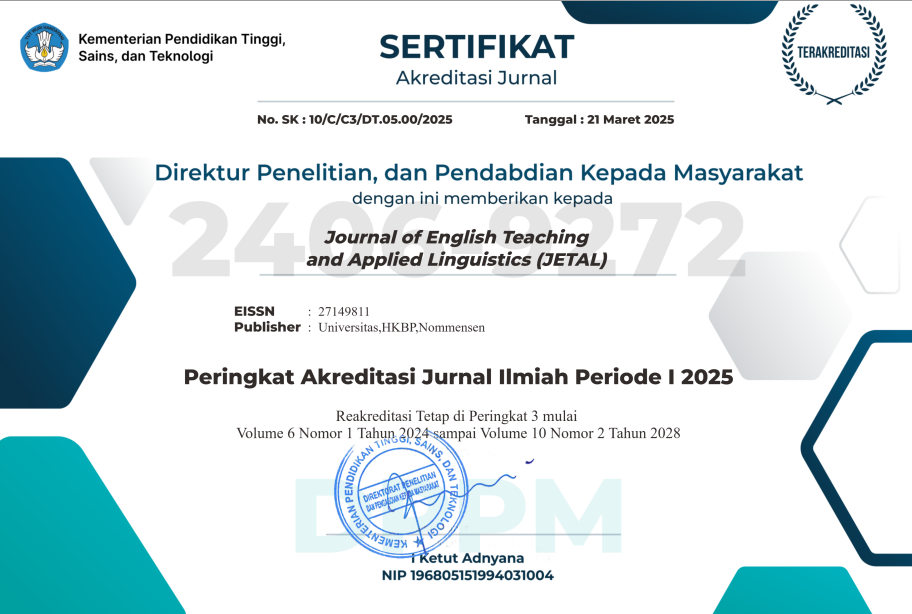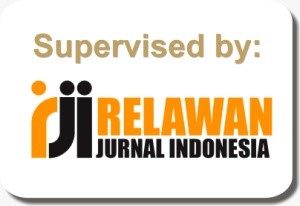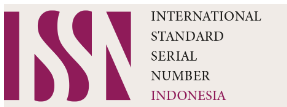Errors Found in Students' Theses: Capitalization, Punctuation, and Spelling
Abstract
Writing is a skill that is considered difficult because many aspects must be considered. The aim of this research is to investigate and analyze the use of capitalization, punctuation, and spelling in the abstracts of theses. Understand the impact of these errors on written communication and provide concrete recommendations to enhance the quality of academic writing. This research was qualitative approach with text analysis, the population involves undergraduate students from English Department of IAIN KERINCI, and the sample was taken from the theses of the last 5 years, number of tenth theses on abstracts. Data was collected through manual analysis of thesis texts, focusing on capitalization, punctuation, and spelling. Based on the results of the researcher finding capitalization errors are the most prevalent, totaling 60 instances. On the other hand, punctuation errors, specifically in the abstract section of the theses, are comparatively lower, with only 25 occurrences. Meanwhile, spelling errors identified in the abstracts of the theses amount to 30 mistakes.
References
Amiri, F., & Puteh, M. (2017). Error Analysis in Academic Writing: A Case of International Postgraduate Students in Malaysia. Advances in Language and Literary Studies, 8(4), 141. https://doi.org/10.7575/aiac.alls.v.8n.4p.141
Anggraini, D., & S. (2014). Errors of linguistics components found in the background of the study of the S1 students’ thesis. E-Journal Unesa, 1(1), 1–15.
Fitria, T. N. (2020). SPELLING ERROR ANALYSIS IN STUDENTS’ WRITING ENGLISH COMPOSITION. Getsempena English Education Journal (GEEJ, 7(2), 240.
Habibullah. (2010). An error analysis on grammatical structures of the students’ theses.pdf.
Kustina, R., Bina, S., & Getsempena, B. (2018). ANALISIS KESALAHAN EJAAN PADA KARYA ILMIAH MAHASISWA BAHASA INDONESIA STKIP BINA BANGSA GETSEMPENA BANDA ACEH. In Jurnal Metamorfosa (Vol. 6, Issue 1).
Mujiyanto, Y. and, & Shweba, A. A. A. (2017). Errors of Spelling, Capitalization, and Punctuation Marks in Writing Encountered by First Year College Students in Al-Merghib University Libya. English Education Journal, 7(2), 92–102. http://journal.unnes.ac.id/sju/index.php/eej
Oktaviani, A., Syafitri, D., Seli, S., & PGRI Silampari, U. (n.d.). STUDENTS’ ERRORS IN USING PUNCTUATION AND CAPITALIZATION.
Pathan, Md. Arif Khan. (2021). The Most Frequent Capitalization Errors Made by the EFL Learners at Undergraduate Level: An Investigation. Scholars International Journal of Linguistics and Literature, 4(3), 65–72. https://doi.org/10.36348/sijll.2021.v04i03.001
Pescante-Malimas, M. A., & Samson, S. C. (2018). Linguistic Error Analysis on Students’ Thesis Proposals. IAFOR Journal of Language Learning, 3(2). https://doi.org/10.22492/ijll.3.2.09
Rasyid, N., & Ramadan, S. (2022). Analysis of language errors in student thesis. 21(1), 1343–1352.
Raja, Z. B., & Zahid, R. Z. (2013). Enhancing writing skills: An analytical study of obstacles in writing at BA level in Najran University, KSA. Studies in Literature and language, 7(2), 1.
Siddiqui, M. (2015). Evaluating Capitalization Errors in Saudi Female students’ EFL writing at Bisha University. Arab World English Journal, 6(1), 232–250. https://doi.org/10.24093/awej/vol6no1.19
Sugeng, B. (n.d.). COMMON GRAMMATICAL ERRORS IN THE USE OF ENGLISH AS A FOREIGN LANGUAGE: A CASE IN STUDENTS’ UNDERGRADUATE THESES.

This work is licensed under a Creative Commons Attribution-ShareAlike 4.0 International License.
Authors retain copyright and grant the journal right of first publication with the work simultaneously licensed under a Creative Commons Attribution-ShareAlike 4.0 International License (CC BY-SA 4.0) that allows others to share the work with an acknowledgment of the work's authorship and initial publication in this journal.
Authors are able to enter into separate, additional contractual arrangements for the non-exclusive distribution of the journal's published version of the work (e.g., post it to an institutional repository or publish it in a book), with an acknowledgment of its initial publication in this journal.
Authors are permitted and encouraged to post their work online (e.g., in institutional repositories or on their website) prior to and during the submission process, as it can lead to productive exchanges, as well as earlier and greater citation of published work (See The Effect of Open Access).






